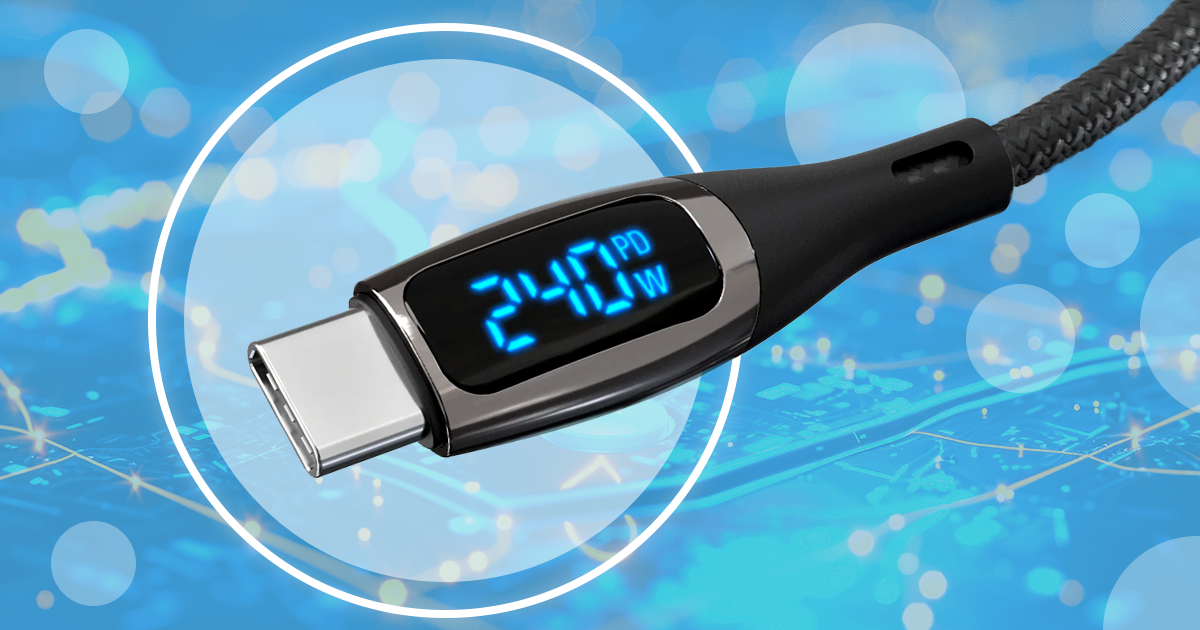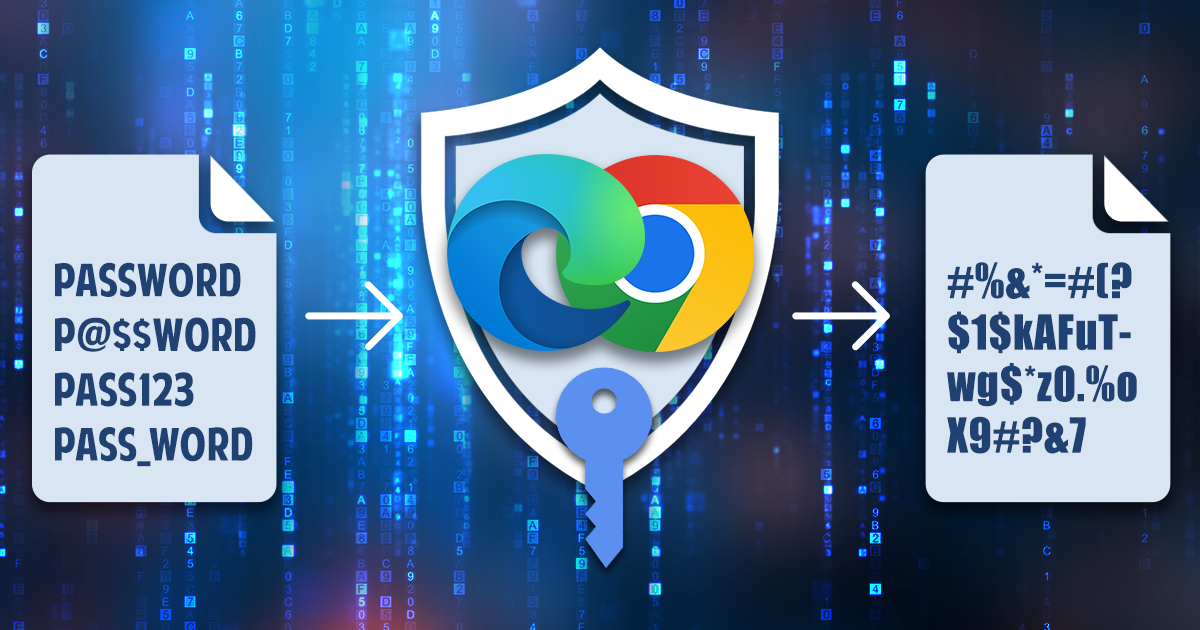Over the years, we’ve published numerous guides on installing the iOS Forensic Toolkit extraction agent and troubleshooting issues. As both the tool and its environment evolved, so did our documentation – often leading to outdated or scattered information. This article consolidates and updates everything in one place, detailing the correct installation and troubleshooting procedures.
We are excited to announce an update to Elcomsoft iOS Forensic Toolkit that solves a long-lasting issue connected to the installation and use of the low-level extraction agent. In version 8.70, we introduce a critical improvement: you can now sideload and launch the extraction agent completely offline using any Apple Developer account – regardless of when it was created. What exactly changed, and what does that mean for you? Read along to find out.
Using a firewall is essential to secure the installation of the extraction agent when performing low-level extraction from a variety of iOS devices. We developed two solutions: a software-based firewall for macOS and a hardware-based firewall using a Raspberry Pi (or similar microcomputer) with our own custom firmware. This guide will help you choose the best option for your needs.
Low-level extraction enables access to all the data stored in the iOS device. Previously, sideloading the extraction agent for imaging the file system and decrypting keychain required enrolling one’s Apple ID into Apple’s paid Developer Program if one used a Windows or Linux PC. Mac users could utilize a regular, non-developer Apple ID. Today, we are bringing this feature to Windows and Linux editions of iOS Forensic Toolkit.
In the upcoming iOS 17.4 update, Apple is introducing significant changes to its App Store policies for apps distributed in the European Union. The new policy brings multiple changes, one of them being alternative app marketplaces (which are effectively third-party app stores). These changes have both technical and financial implications for developers, but do they bring news to the digital forensic crowd? Let’s have a look into what Apple’s new policy brings and how it may impact forensic experts.
We have exciting news: iOS Forensic Toolkit 8 is now available for Windows users in the all-new Windows edition. The new build maintains and extends the functionality of EIFT 7, which is now approaching the end of its life cycle. In addition, we’ve made the Toolkit portable, eliminating the need for installation. Learn what’s new in the eights version of the Toolkit!
In this tutorial, we will address common issues faced by users of the iOS Forensic Toolkit when installing and using the low-level extraction agent for accessing the file system and keychain on iOS devices. This troubleshooting guide is based on the valuable feedback and data received by our technical support team.
We are excited to announce the release of an open-source software for Orange Pi R1 LTS designed to provide firewall functionality for sideloading, signing, and verifying the extraction agent that delivers robust file system imaging and keychain decryption on a wide range of Apple devices with iOS Forensic Toolkit. This development aims to address the growing security challenge faced by forensic experts when sideloading the extraction agent using regular and developer Apple accounts.
When it comes to iOS data acquisition, Elcomsoft iOS Forensic Toolkit is the top choice for forensic experts. Its cutting-edge features and unmatched capabilities have made it the go-to software for investigating iOS devices. In a recent update, we expanded the capabilities of the low-level extraction agent to support full file system extraction and keychain decryption on Apple’s newest devices running iOS 16.5. This achievement represents a breakthrough, as the delay between Apple’s iOS updates and our forensic software release has significantly reduced.
When it comes to iOS data acquisition, Elcomsoft iOS Forensic Toolkit stands head and shoulders above the competition. With its cutting-edge features and unmatched capabilities, the Toolkit has become the go-to software for forensic investigations on iOS devices. The recent update expanded the capabilities of the tool’s low-level extraction agent, adding keychain decryption support on Apple’s newest devices running iOS 16.0 through 16.4.


